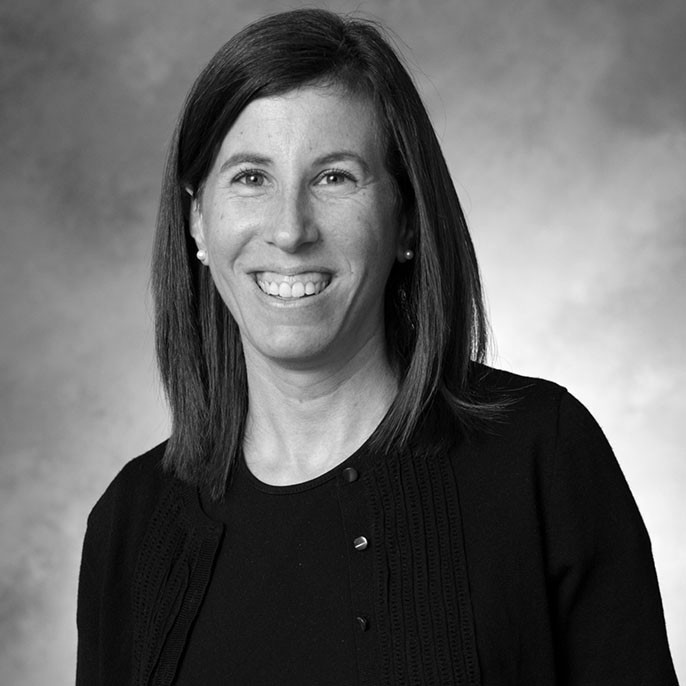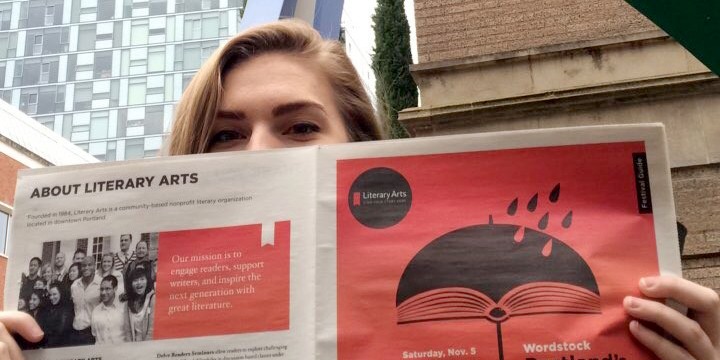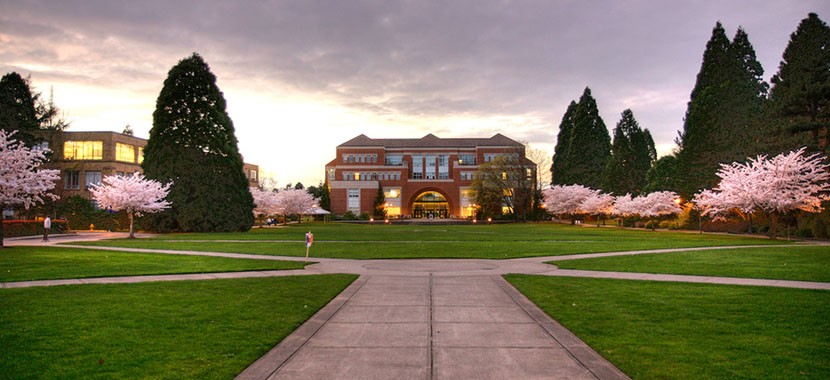On Feb. 11, Professor John McDonald delivered his keynote speech via Zoom, to honor the 13 new members of UP’s Sigma Tau Delta Honor Society. What follows is an exploration of the self, and how we as individuals make connections and judgements—timely in this period of Zoomed everything where we have ample time to be…
The English Major: Embracing Wonder and “Why?”

As our resident medievalist, Dr. Cara Hersh helps animate older texts for newer audiences, persuading contemporary students to take a closer look at the simultaneously age-old and currently relevant insights distilled in some of her favorite works. She enables thought expansion and rhetorical rabbit holes through her job, and opts for an English department mindset…
Pursuing Social Work with an English Degree
By Laura Eager ’12 “Social Work? What’s that?” Like many people, I did not know what social work was as an undergraduate. This lack of knowledge lasted until I had my first long-term substitute teaching position in 2013 at a Title I public school in Washington, DC and I interacted with the school social worker. After…
Books for Black History Month
By Laura Misch February is much more than a month-long rumination on your current relationship status. It’s a time to recognize and appreciate Black History Month through the acknowledgment of African-American achievements. Although we should always celebrate the past and present achievements of African-Americans, Black History Month designates a special time during which we can actively…
The Wounds of Care and the Pleasures of Ordinary Devotion: One Editor’s Encounter(s) with Maggie Nelson
This summer, my car was broken into the one night I left my backpack in the passenger seat. I wasn’t upset about my laptop, the intimate mementos of a senior recital, a poem remembered, a notebook of observations–at least not immediately. Instead, I was in despair over the loss of a signed copy of a book…
Wordstock 2016 Three Ways

Ah, Wordstock—the Portland-based, literature-themed Comic-Con. Held in our city’s architectural gems and with over one hundred writers to see and hear, Wordstock provides the perfect weekend plan for the genre-curious English student, professors of all disciplines, and the bookworm looking for their next read. Needless to say, the prospect of going to Wordstock for the…
An English Major’s Guide to Non-English Classes

Literature and writing are my passions—that’s why I chose to major in English. When it was time to take required basics or choose electives in the College of Arts and Sciences, I was at a little bit of a loss. I just wanted to TAKE ALL THE ENGLISH! I was happy to find that…
Need a Grad Gift for an English Major?
by Morgan Mann Happy Finals Week, majors! Summer and graduation are almost here! Do you have an English major friend that’s graduating? Have you been too busy preparing for finals to think of what to get them as a graduation gift? Well, here are eight great (and affordable) gifts ideas for them… or yourself, because…
Post-Grad Life: Hannah Robinson
By Morgan Mann After a tenth grade career goal change-of-heart, followed by years of whole-heartedly pursuing her dream of becoming an editor, Hannah Robinson is now living that dream. At UP, Hannah always showed a sense of pleasant professionalism and a potential for greatness. Hannah graduated in 2014, and has been living in New York…
by Morgan Mann Readers and writers rejoice—Wordstock is back and better than before. This year, the festival will be on Saturday, November 7th, from 9 a.m. to 6 p.m. at the Portland Art Museum. You won’t want to miss this great gathering of lit-minded locals. Relaunched by Literary Arts, this will be the 30th anniversary…
